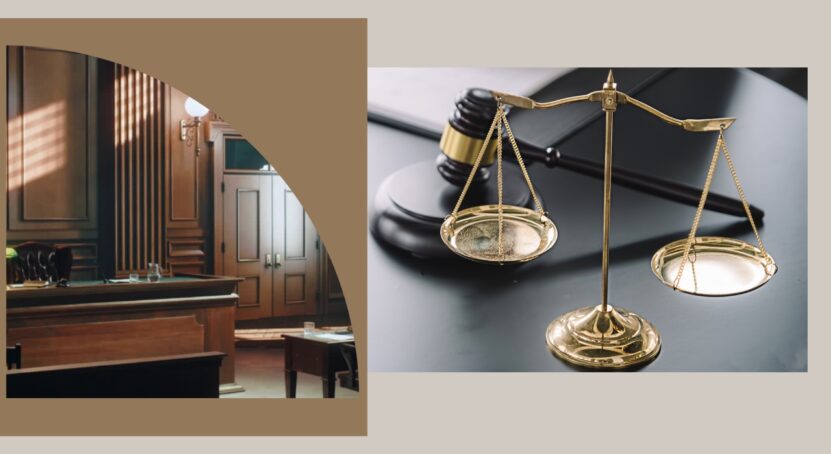A bench warrant is a common yet often misunderstood part of the legal system. They play a crucial role in maintaining the order and integrity of court proceedings. Understanding what these are, why they’re issued, and their implications is essential for anyone involved in a legal process.
Ignoring a bench warrant can lead to arrest, fines, and other penalties. Therefore, it’s crucial to address them promptly and appropriately.
Definition and Purpose

Warrants are legal documents issued by a court. They grant law enforcement the authority to perform certain actions, such as making an arrest, conducting a search, or seizing property. Understanding the different types of warrants and their purposes can help you navigate the legal system more effectively.
There are several types of warrants, each serving a different purpose. For example, an arrest warrant is issued when there’s probable cause to believe that an individual has committed a crime. A search warrant, on the other hand, allows law enforcement to search a person’s property for evidence of a crime.
Bench warrants are a specific type of warrant issued by a judge. Unlike arrest warrants, which are typically based on evidence of a crime, these are issued when a person fails to comply with court rules or orders. It’s typically issued when a person fails to appear in court for a scheduled appearance or fails to comply with a court order.
Its primary purpose is to ensure that individuals comply with court orders and appearances. It serves as a tool for the court to enforce its rules and maintain the integrity of the legal process. When a person fails to appear in court or comply with a court order, it disrupts the legal process and can delay proceedings.
By issuing a bench warrant, the court can compel the person to attend their court proceedings and face any consequences for their absence.
Issuance of Bench Warrant
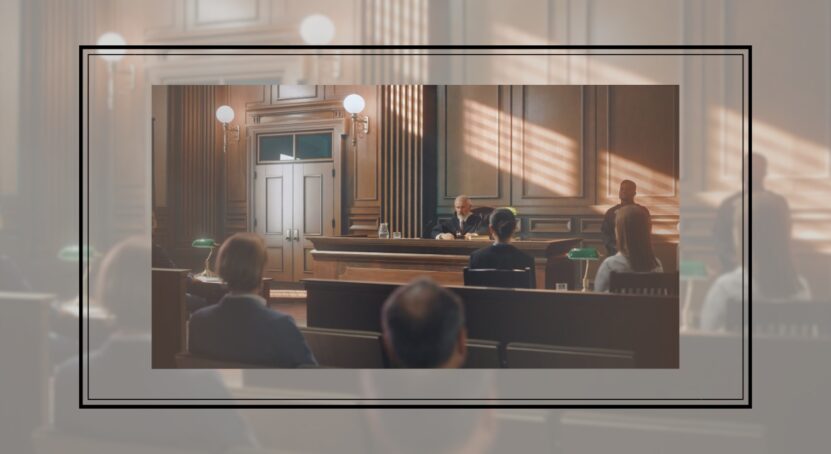
The process of issuing a bench warrant involves several steps.
First, the court must determine that a person has failed to comply with a court order or appearance. Then, the judge can issue a bench warrant, giving law enforcement the authority to arrest the person. This decision is typically based on the nature of the person’s non-compliance, the seriousness of the case, and the person’s past behavior.
Once a bench warrant is issued, it’s entered into a national database accessible by law enforcement agencies. This means that law enforcement officers anywhere in the country can arrest the person named on the warrant.
Reasons for Issuing
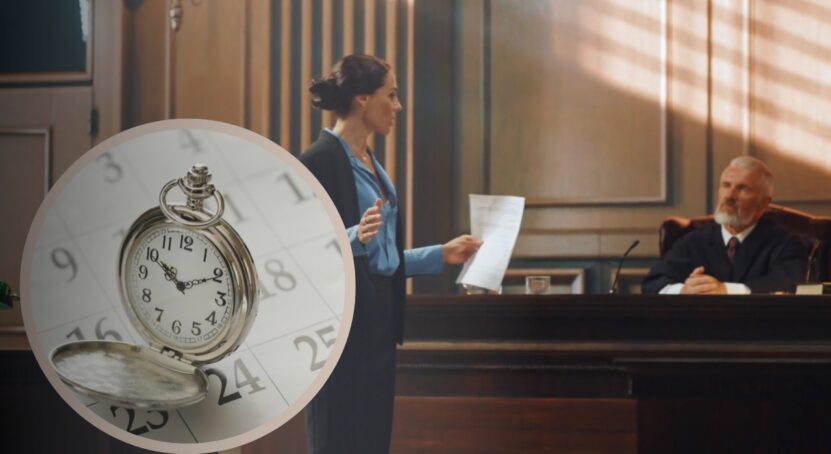
These documents are issued for a variety of reasons, all related to an individual’s non-compliance with court rules or orders. Some of the most common reasons include failing to appear for a scheduled court date, failing to pay fines or court fees, or violating court orders.
Failing to appear for a scheduled court date is one of the most common reasons. When a person is summoned to court, they’re legally obligated to appear. If they fail to do so without a valid reason, the judge can issue the matter for their arrest.
Failing to pay fines or court fees is another common reason for issuing a bench warrant. If a person is ordered by the court to pay a fine or fee and fails to do so, the court can issue a bench warrant to compel them to pay. Violating court orders is also a common reason for issuing a bench warrant.
This can include failing to complete court-ordered community service, violating the terms of probation, or failing to comply with a restraining order.
Consequences
Having a bench warrant issued against you can have serious consequences. These can include arrest, detention, fines, and other penalties. Understanding these consequences can help you understand the importance of addressing a bench warrant promptly and appropriately.
One of the most immediate consequences is the possibility of arrest. Once a bench warrant is issued, law enforcement officers have the authority to arrest the person named in the warrant at any time and any place. Being arrested can have significant implications.
It can result in time off work, loss of income, and potential damage to a person’s reputation. Moreover, the stress and uncertainty of having a bench warrant can take a toll on a person’s mental and emotional well-being. In addition to arrest, this can also result in other penalties.
Depending on the circumstances, the judge may impose additional fines or penalties for failing to comply with court orders or appearances. In some cases, the person may be held in custody until they comply with the court’s orders.
Arrest and Execution

When a bench warrant is issued, law enforcement agencies are tasked with executing the warrant. This involves locating and arresting the person named in the warrant. Understanding this process can help you know what to expect if this matter is issued against you.
Law enforcement officers have broad authority to execute bench warrants. They can arrest the person named in the warrant at any location, including their home, workplace, or even during a routine traffic stop. Once arrested, the person is usually brought before the court to explain their absence or non-compliance.
Depending on the circumstances, the judge may decide to release the person on bail or hold them in custody until their court appearance. It’s important to note that avoiding arrest does not resolve a bench warrant. The warrant remains active until the person appears in court and the underlying issue is resolved.
Therefore, it’s crucial to address a bench warrant promptly rather than trying to avoid arrest.
How to resolve it?
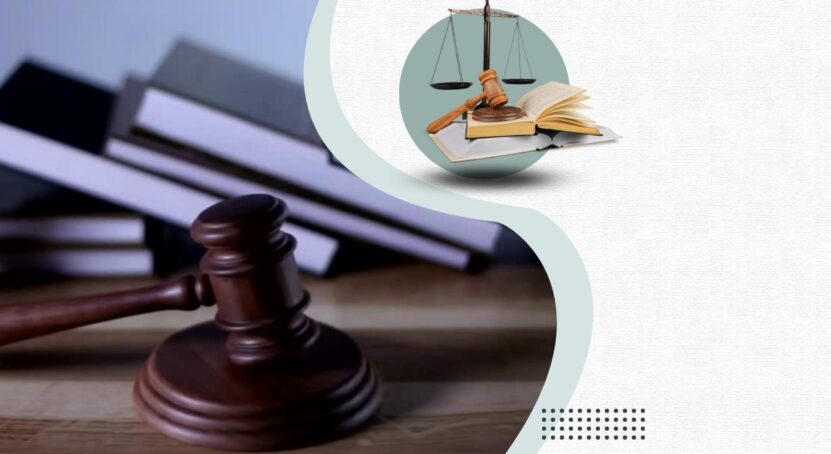
If a bench warrant is issued against you, it’s important to take immediate action to resolve the issue. This can involve surrendering to law enforcement, contacting an attorney, or appearing in court voluntarily. One option to resolve it is to turn yourself into law enforcement.
This can show the court that you’re taking the matter seriously and are willing to cooperate. However, before doing this, it’s important to consult with an attorney. They can advise you on the best course of action and can arrange for your surrender to law enforcement in a way that minimizes the impact on you.
Another option is to contact an attorney and arrange to appear in court voluntarily. This can allow you to address the issue in a controlled manner, rather than being arrested unexpectedly. An attorney can help you prepare for your court appearance and advocate on your behalf.
Regardless of the approach you choose, it’s crucial to address the underlying issue that led to the bench warrant. This may involve paying any outstanding fines or fees, complying with court orders, or providing a valid reason for your failure to appear in court.
Possible Defenses or Remedies
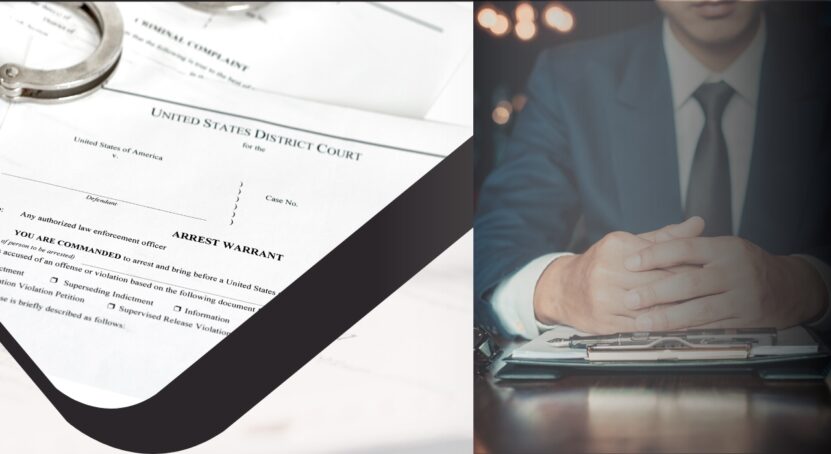
If a bench warrant is issued against you, there may be defenses or remedies available to you. These can depend on the circumstances of your case and the laws in your jurisdiction. One potential defense is to show that you were not properly notified of the court date or order.
If you can prove that you did not receive notice, the court may recall or cancel the matter. Another potential remedy is to show that you had a valid reason for your absence or non-compliance. This could include a medical emergency, a scheduling conflict, or other extenuating circumstances.
If you can provide evidence of these circumstances, the court may be willing to recall the matter and reschedule the court date or modify the court order. It’s important to consult with an attorney to understand the potential defenses or remedies available to you.
An attorney can provide legal advice tailored to your specific situation and help you navigate the legal process.
Seeking Legal Counsel

When dealing with this problem, it’s crucial to seek legal counsel. An attorney can provide guidance, represent you in court, and help you resolve the issue. An attorney can explain the implications of a bench warrant, advise you on the best course of action, and represent you in court.
They can help you prepare for your court appearance, negotiate with the court, and advocate on your behalf. Moreover, an attorney can help you address the underlying issue that led to the bench warrant.
This may involve negotiating a payment plan for outstanding fines or fees, arranging for you to complete court-ordered community service, or providing evidence of a valid reason for your absence or non-compliance.
Clearing the matter from Records

Once a bench warrant is resolved, it’s important to clear it from your records. This can involve providing proof of resolution to law enforcement agencies and credit reporting agencies. To clear this matter from your records, you’ll need to provide proof that you’ve resolved the underlying issue.
This may involve providing a receipt for paid fines or fees, a certificate of completion for court-ordered community service, or a court document showing that you’ve appeared in court or complied with court orders. Once you have this proof, you can provide it to law enforcement agencies to have the bench warrant removed from their records.
You may also need to provide it to credit reporting agencies to have it removed from your credit report. It’s important to consult with an attorney to understand the process for clearing a bench warrant from your records. They can guide you through the process and ensure that you’ve taken all necessary steps.
FAQs:
Can a bench warrant be issued for missing jury duty?
While it is uncommon, in some jurisdictions, repeatedly failing to appear for jury duty without a valid excuse may result in this.
Is it issued across state lines?
Yes, bench warrants can have jurisdiction beyond the state in which they were issued, allowing for the arrest and extradition of individuals across state lines.
Can it be resolved by paying outstanding fines or penalties?
Paying outstanding fines or penalties is often part of the process , but it may require appearing in court to address the underlying issues as well.
Can someone be arrested for it years after it was issued?
Yes, bench warrants remain active until resolved, and individuals can be arrested at any time if they are located by law enforcement.
Can its existence be checked online?
In many jurisdictions, online resources or court websites allow individuals to check if a bench warrant has been issued against them or someone else.
Conclusion
In conclusion, a bench warrant is a serious legal matter that can have significant consequences. It’s issued by a judge when a person fails to comply with court orders or appearances, and it authorizes law enforcement to arrest the person. If it is issued against you, it’s important to take immediate action to resolve the issue.
This can involve consulting with a lawyer, turning yourself in, and preparing for your court appearance. Avoiding it involves attending all court appearances, complying with court orders, and staying informed about your case.
With understanding and compliance, you can navigate the legal system effectively and avoid the stress and disruption.

